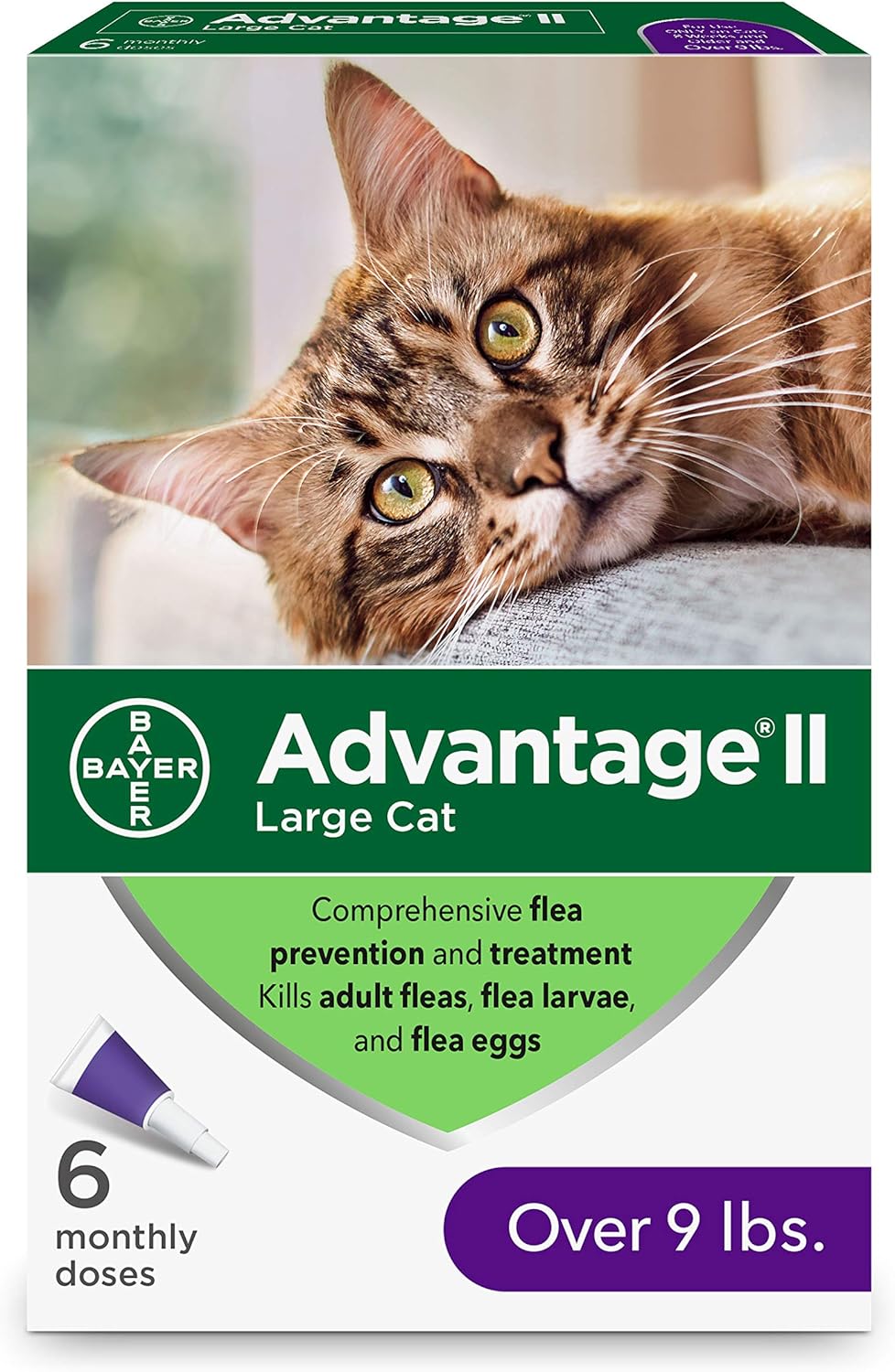Flea Tick Control
Reviews in that Category
Flea and tick control for cats is an essential aspect of pet care, as fleas and ticks can cause discomfort, transmit diseases, and negatively affect your cat's health. There are various methods and products available to help prevent and treat flea and tick infestations in cats. Here's what you need to know:
Topical Spot-On Treatments: These are liquid products applied directly to your cat's skin, typically on the back of the neck. These treatments are designed to kill and repel fleas and ticks.They are often applied monthly and are convenient to use.
Oral Medications: Some medications are given orally, either as pills or chewable tablets. These can provide systemic protection against fleas and ticks by killing them when they bite your cat. They usually require a prescription from a veterinarian.
Flea Collars: Flea collars are worn around your cat's neck and emit chemicals that repel and kill fleas and ticks. They provide protection for several months and are convenient for cats that may not tolerate topical treatments.
Flea Shampoos and Dips: These are special shampoos or dips that can help eliminate existing fleas and ticks on your cat. They are a temporary solution and may need to be used in combination with other preventive measures.
Flea Combs: Flea combs have fine teeth designed to remove fleas and flea dirt (feces) from your cat's fur. While they won't provide long-term prevention, regular combing can help detect and remove fleas early.
Environmental Control: Fleas and ticks often infest your cat's environment as well. Regular cleaning of your cat's bedding, vacuuming carpets, and treating outdoor areas can help prevent reinfestation.
Regular Vet Checkups: Consult your veterinarian for guidance on the best flea and tick control methods for your cat's specific needs. They can recommend products, dosages, and schedules tailored to your cat's health and lifestyle.
Year-Round Prevention: It's important to maintain flea and tick prevention year-round, even in colder months. Fleas and ticks can survive indoors, and the risk of infestation remains.
Monitoring for Adverse Reactions: Some cats may have sensitivities or allergies to certain flea and tick control products. Watch for signs of irritation, itching, or other adverse reactions and consult your vet if they occur.
Consistency: Consistency is key in flea and tick control. Missing a dose or not using preventive measures consistently can leave your cat vulnerable to infestations.
Not for All Cats: Some flea and tick control products are not suitable for all cats, especially kittens, pregnant or nursing cats, and those with certain medical conditions. Always follow your veterinarian's recommendations.
Remember that effective flea and tick control is crucial for your cat's health and comfort. Consult with your veterinarian to create a tailored plan that considers your cat's age, weight, and any underlying health conditions. Consistently using the appropriate preventive measures can help keep your feline companion free from fleas and ticks.


